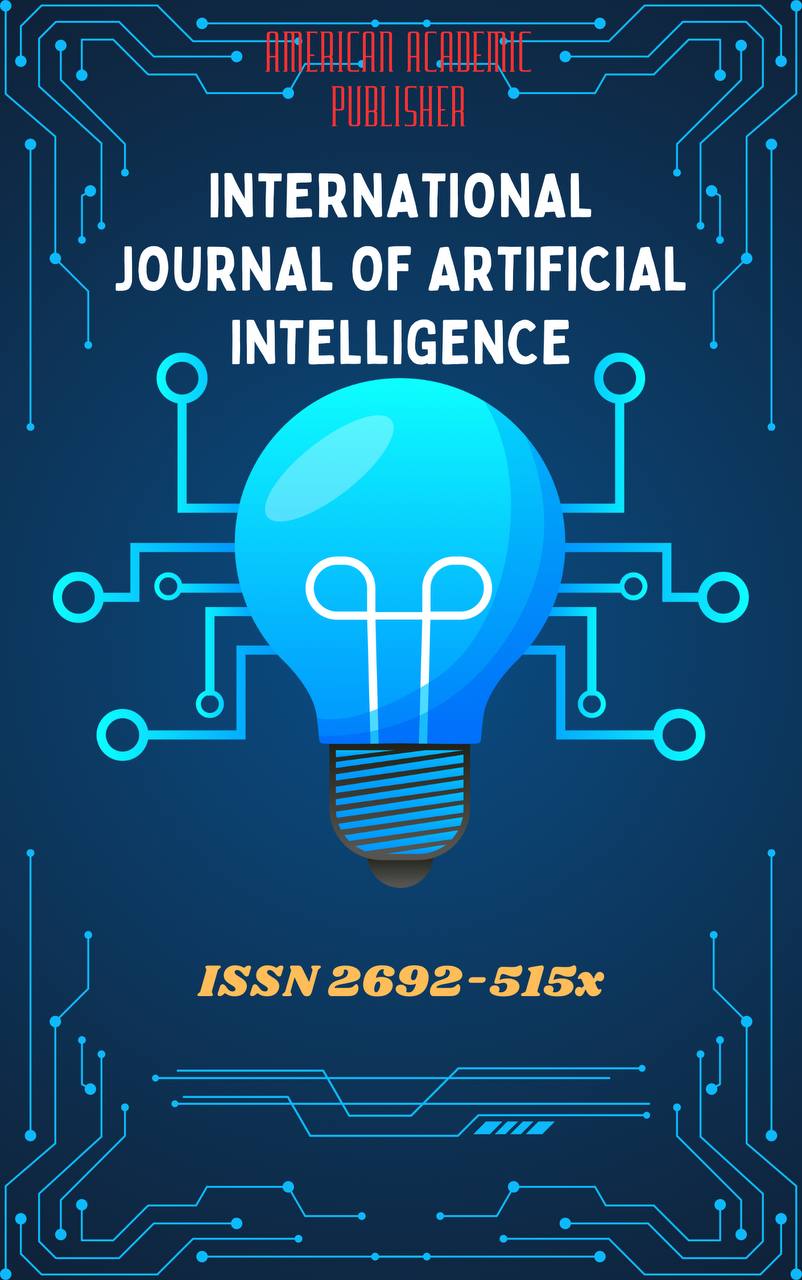 Articles
| Open Access |
Articles
| Open Access | ARTIFICIAL INTELLECT AND ITS ROLE IN EDUCATION
Yusupova Soniya Umedboy qizi , Bukhara State Pedagogical Institute 3 st year student, group 3-rus-23, Faculty of LanguagesAbstract
This article provides a scientific and theoretical analysis of the role and significance of artificial intelligence (AI) technologies in modern education. It explores the advantages of using AI tools in the learning process, emphasizing their ability to personalize education according to students’ individual abilities and to optimize teachers’ workload. The article also examines the ethical and technological challenges of AI-based digital learning environments. The findings highlight the potential of integrating AI into the education system to enhance the quality of knowledge and the overall efficiency of the teaching process.
Keywords
artificial intelligence, digital education, educational technologies, learning efficiency, adaptive learning systems, innovation.
References
Abdullayeva, S. (2023). The role and prospects of artificial intelligence technologies in the educational process. Tashkent: National University of Uzbekistan Publishing House.
Karimov, A. (2022). Digital pedagogy and innovative educational technologies. Tashkent: Innovation Publishing House.
Tokhtayev, B., & Rasulova, D. (2021). Integration of information technologies in the educational system. Samarkand: SamDU Printing House.
UNESCO (2023). Artificial Intelligence in Education: Challenges and Opportunities. Paris: UNESCO Publishing.
OECD (2022). AI and the Future of Education: Policy Perspectives. Paris: OECD Education Directorate.
Smith, J., & Li, H. (2021). Artificial Intelligence in Learning: Adaptive and Personalized Education Systems. London: Springer Nature.
Yusupov, M. (2020). Artificial Intelligence and Digital Transformation Processes. Tashkent: Science and Technology Publishing House.
United Nations Educational, Scientific and Cultural Organization (UNESCO). (2021). Recommendation on the Ethics of Artificial Intelligence. Paris.
Anderson, T., & Dron, J. (2020). Teaching Crowds: Learning and Social Media in the Age of AI. Edmonton: AU Press.
Khalilov, N. (2022). Digital Technologies in Education and Their Didactic Potential. Tashkent: TDPU Publishing House.
Article Statistics
Downloads
Copyright License

This work is licensed under a Creative Commons Attribution 4.0 International License.

